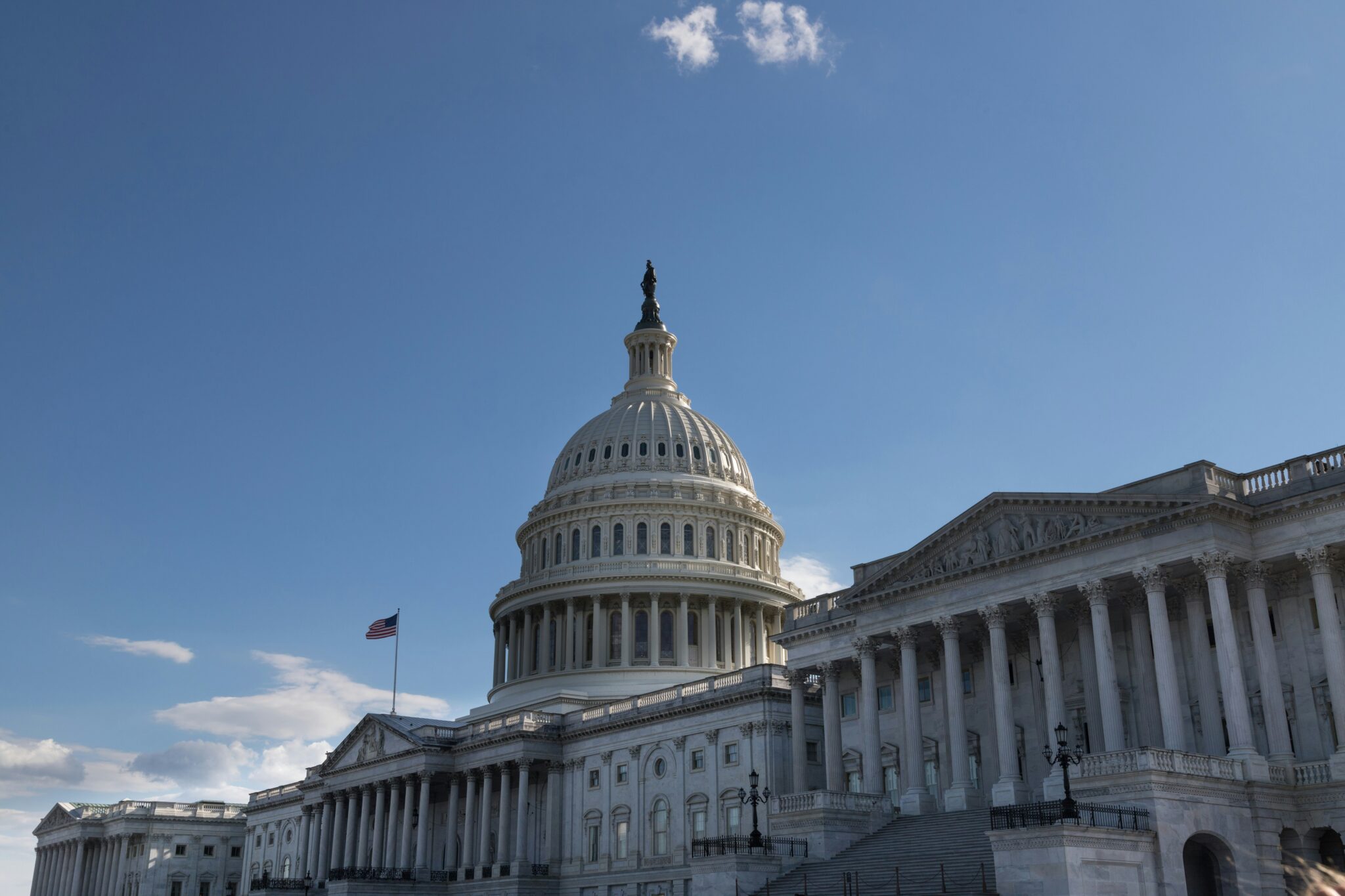It looks like today may just be the day. Every year, Congress goes through the same ritual of renewing tax breaks for a small group of industries. Usually – and regrettably – tax extenders legislation is on auto-pilot. But the bill now in front of the House picked up some baggage to clock in at $143 billion (of which $59 billion is offset by new revenue). This has made it harder for leadership to round up enough votes.
Interestingly, one of the bigger sticking points for the tax extenders legislation actually reduces the bill’s cost by closing a tax loophole for a small but powerful class of private equity and hedge fund managers. House Speaker Nancy Pelosi has reportedly insisted on eliminating the loophole, known as carried interest, where many investment houses managing partners reap windfall profits for making good investments with other people’s money. Though it functions much like the performance bonuses other people get, carried interest is taxed at the capital gains rate of 15 percent rather than at the personal income rate of up to 35 percent. The Joint Committee on Taxation (JCT) has estimated that making fund managers pay income tax like their secretaries will generate about $18.7 billion in new revenue over the next ten years.
As controversial as this change in the tax code has become – thanks in large part to the formidable lobbying and public relations machine of the financial services industry – this year’s tax extenders bill would not be complete without the litany of taxpayer giveaways that seem to attract only passing attention. Though some of these tax expenditures are generally defensible in theory, they keep getting one-year extensions because they cannot pass as permanent tax breaks based on their merits. So, Congress extends them one more time – again.
Although many of the individual extensions don’t add up to huge costs – another way of keeping them under the radar – they do have a large cumulative price tag. Here are just a few examples: Rebating the excise tax on rum imported from Puerto Rico and U.S. Virgin Islands will cost the Treasury about $104 million this year, and another $27 million in 2011 (this rebate is actually being used by USVI to build a distillery to entice the world’s largest liquor conglomerate –Diageo – to shift production from Puerto Rico – pretty specious use of federal tax dollars if you ask us). The JCT estimates the deduction for income attributable to “domestic production activities” in Puerto Rico will cost about $84 million this year and $101 million next year. And the 7-year recovery period for certain motorsports entertainment complexes (read NASCAR), which includes costs for upgrading the snack bar, will cost us about $11 million this year and $18 million next year.
Then there are the enhanced deductions for contributions of food, books or computers, which will have a cumulative cost in terms of lost revenue of $167 million and $137 million in 2010 and 2011, respectively. And the perennial favorite: special expensing rules for qualified film and television productions, $54 million and $108 million. Then things get a little pricier. Preferential tax treatment for things like “restaurant and retail improvements” will run about $145 million this year and $410 million next year, with a total cost for years 2010–2015 of $2.6 billion. A provision for 5-year depreciation for certain farming machinery and equipment will cost about $798 million during the same period.
TCS’ main beef with the tax extenders bill is that it allows backdoor funding for programs that most likely could not attract enough support on their merits to be made permanent. What’s worse is that the tax breaks are renewed each year, effectively making them permanent policy. At the same time, the continued threat of expiration maintains a level of uncertainty for businesses, making it more difficult for companies to make the investments these tax breaks are meant to encourage.










